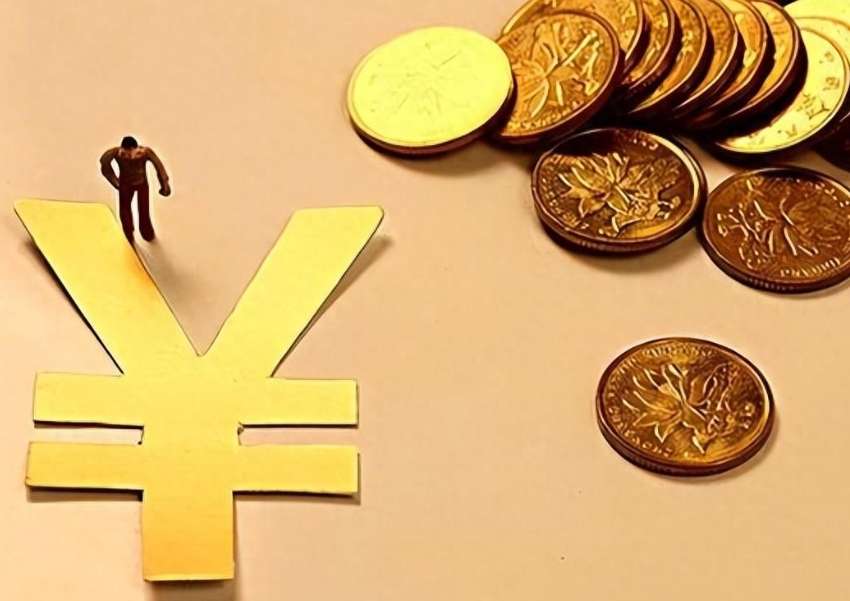Russia's Ongoing Efforts to Curb Inflation
Advertisements
The Bank of Russia has recently taken significant action by raising its benchmark interest rate by 100 basis points to a staggering 19%. This decision highlights the central bank's concerns regarding persistent inflationary pressures, which are expected to exceed previous forecasts. The key factors driving this inflation include the growth in domestic demand that surpasses the ability of supply to keep up with it for goods and services. The central bank indicated its intention to tighten monetary policy further to reduce inflation expectations and aims to bring inflation back to target levels by 2025. Given these statements, there is a possibility that further rate hikes may be considered in the upcoming monetary policy meetings.
This increase marks the seventh consecutive rise by the Bank of Russia since mid-last year, with the current rate reaching levels not seen in several years. It is now just a step away from the 20% peak seen between March and April 2022. Back then, the country faced an unprecedented wave of sanctions leading to a rapid economic downturn, prompting the central bank to hike rates significantly to combat both internal and external shocks.
Interestingly, while these rate hikes have begun to show some effectiveness, the full impact has yet to materialize. Central Bank Governor Elvira Nabiullina reported that in recent months, the Russian currency has tightened, and there has been a noticeable slowdown in lending, particularly in the retail sector. However, inflation remains stubbornly high, with price increases outpacing normal levels. According to the data published by the central bank, the annualized price increase in August was 7.6%, while core inflation was at 7.7%, both figures lower than the average for the second quarter of 2024 but above the averages for the first quarter. Economists like Dmitry Belousov, head of the Macroeconomic Analysis and Short-Term Forecasting Center, noted that while the period of accelerating inflation seems to have passed, it is still too early to declare victory over inflation.

Moreover, consumer and business inflation expectations continue to rise, indicating that inflation inertia still exists. Experts believe that the upward pressure on prices primarily stems from these expectations—many individuals anticipate that prices will keep increasing. This forecast leads to heightened market demand, which, in the face of supply shortages, pushes prices even higher.
As a result, continuing to raise interest rates to combat stubborn inflation has become the top priority for regulatory authorities. Nabiullina revealed that the central bank had previously considered three possible solutions: maintaining the existing 18% rate, or increasing it to 19% or even 20%. Given that the effects of past rate hikes have not yet fully manifested, it was deemed necessary to tighten monetary policy further. In light of the current economic landscape, the central bank resolved to demonstrate its commitment to curbing inflation. Signs of economic slowdown have already begun to emerge in Russia, as indicated by the GDP data for the second quarter of 2024 and economic indicators from July to August.
The key reasons for this slowdown include increasing supply-side constraints and declining external demand. The regulatory authority has expressed a strong desire to restore inflation to target levels, and this has culminated in strategic approaches aimed at influencing the trajectory of inflation rates from two key angles.
On one hand, the aim is to dampen demand. According to the State Duma’s Financial Markets Committee Chairman, Anatoly Aksakov, a rise in interest rates should serve to curb lending activity and alleviate the pressure on the demand side of the market. This should, in theory, prevent prices from climbing further. Aksakov asserted that lawmakers hope that adjustments to the key rate would be sufficient to address the mismatch between commodity supply and demand, thus helping to ease persistent inflation and signal that prices remain under the central bank’s control.
Conversely, the expectation is to influence market inflation perceptions. Deputy Chairman of the State Duma’s Financial Markets Committee, Vladimir Savchenko, has commented that raising the key rate by a percentage point will not fundamentally alter the overall economic landscape. He described it as largely a psychological expectation. By raising rates to 19%, the central bank aims to preemptively eliminate any severe situations related to inflation. Thus, under this perspective, the rate hike is merely a temporary measure.
It is also important to highlight that the current measures taken by Russia to "cool down" the economy predominantly focus on "demand reduction." Market analysis suggests that under favorable financing policies, strategic domestic industries will continue to receive necessary financing support; however, the key issue lies with consumer goods that rely heavily on imports. Due to sanctions, the complexities surrounding import settlements have escalated, leading to slower delivery speeds for goods. In light of this, consumers are increasingly worried about the potential deterioration of import conditions, spurring them to increase immediate consumption.
Experts from the Russian Academy of Sciences' Institute of National Economic Forecasting warn that without investments aimed at expanding production capacity, overcoming supply-side challenges will remain unattainable. Consequently, the Russian government has indicated that if inflation trends cannot be reversed with the assistance of a tight monetary policy, discussions about additional measures to support domestic production will need to commence.
In summary, whether the interest rate hikes implemented by the Bank of Russia will achieve the desired effects remains to be seen. Given the lag in policy impacts, it is likely that stringent monetary policy will be maintained going forward. Nabiullina has noted that the effects of the rate hikes may only become evident in the inflation data within three to six quarters. The Deputy Governor of the central bank, Alexei Zabotkin, emphasized that a transition to a more accommodative monetary policy would only be considered once inflation falls to target levels, production resources are significantly underutilized, and unemployment rates increase.
Post Comment